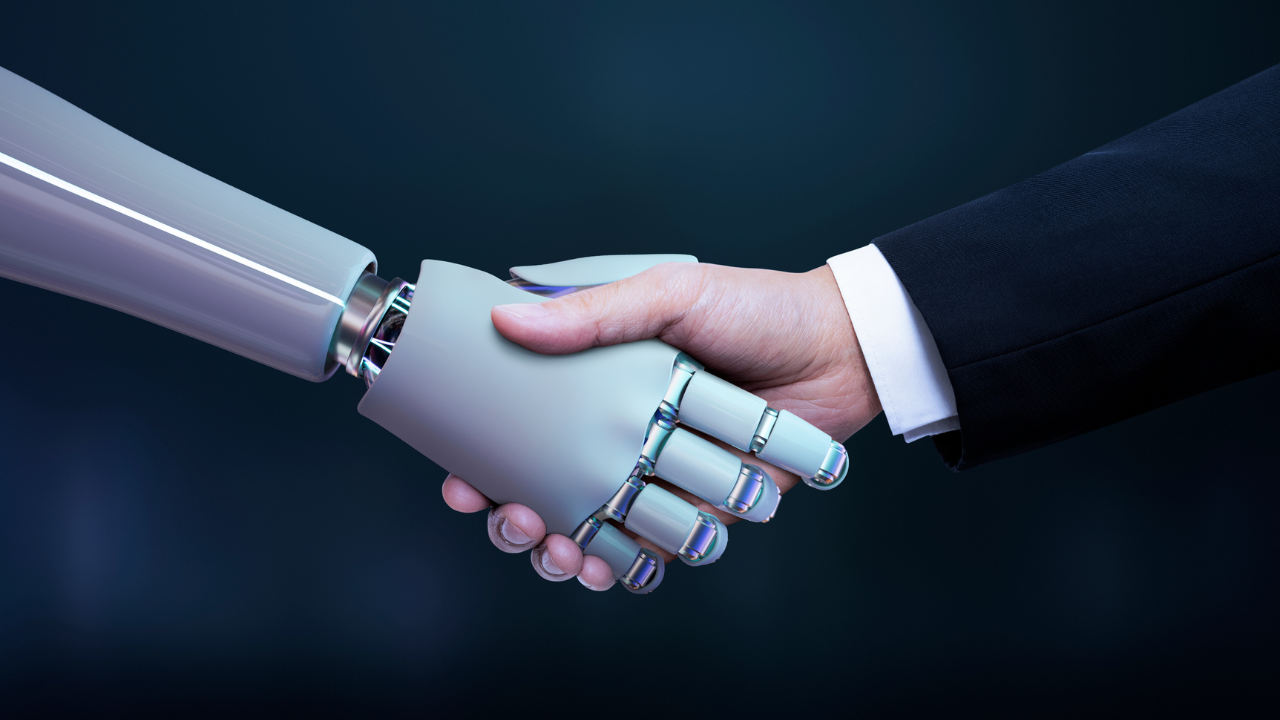In a world where technology is racing ahead, the rise of artificial intelligence (AI) in the job market has everyone talking. As AI keeps growing and flexing its muscles in different industries, the big question is whether it’s here to snatch away our jobs.
A Game-Changer Called Artificial Intelligence
Artificial intelligence, or A.I. for short, is like a digital whiz-kid that can do stuff we thought only humans could. It’s creeping into fields like healthcare, finance, manufacturing, and customer service, doing things at lightning speed with incredible accuracy. It’s like having a super-smart assistant that never gets tired.
Job Displacement Worries
The idea that AI might replace human jobs is a worry that’s been floating around. It’s not just an idea; it’s happening in some industries. Take manufacturing, for example. Robots are taking over jobs that are dull or dangerous, which is good for safety but not so much for jobs. In retail, those self-checkout machines mean fewer cashiers.
And let’s not forget about self-driving vehicles. They could change the game for truck drivers and delivery folks. As AI gets better at handling complicated tasks, there’s this uneasy feeling about it taking over jobs that need thinking, like data analysis, legal work, or even journalism.
AI as a Sidekick, Not a Replacement
Even though we’re worried about losing jobs, some folks say we’ve got it wrong. A.I. isn’t necessarily a job stealer; it could be a job helper. Think of it as your trusty sidekick, making your work better and faster.
In healthcare, AI can help doctors diagnose stuff more accurately and quickly, so they can focus on taking care of patients. In finance, it’s great at processing transactions and catching fraud, giving humans more time to give advice and personalize services.
Getting Smarter Alongside AI
To keep up with AI, we’ll need to get smarter too. That’s where upskilling and reskilling come in. It’s like leveling up our skills so we can work with AI instead of feeling replaced by it. Think of it as a survival kit for the modern workforce.
Upskilling means learning how to work with A.I., understand data, and solve problems. It’s like learning a new language that A.I. speaks. In a world where humans and AI team up, people with these skills will be in high demand.
Creating New Jobs with AI.
Here’s a twist: AI doesn’t just steal jobs; it can create new ones too. Building, running, and maintaining A.I. systems need skilled humans. We’re talking about people who design the algorithms, manage data, and make sure A.I. behaves itself.
Plus, as AI gets more popular, we might see brand-new kinds of jobs popping up. Just think about A.I. ethics – there’ll be a need for experts to make sure A.I. plays fair and doesn’t pick favorites.
Ethics Matter in the A.I. Age
AI isn’t just a tech thing; it’s an ethics thing too. As AI becomes a bigger part of our lives, we’ve got to think about the right and wrong ways to use it. It’s not just about losing jobs; it’s about making sure AI is used in ways that help everyone.
Policymakers, businesses, and all of us have to work together. We need plans to help folks who might lose jobs to A.I. We’ve got to tackle things like income inequality and make sure there’s a safety net for those who need it.
Wrapping It Up:
AI Can Be a Friend, Not a Foe
To sum it up, the question of whether AI will gobble up our jobs isn’t a simple yes or no. While it’s true that some jobs might change or go away, AI can also be a friend that makes our work better.
The real challenge is finding the balance. We need to use A.I. to make our lives easier while making sure no one gets left behind. With a bit of planning, investing in learning, and a commitment to using A.I. wisely, we can make the most of this digital revolution. It’s about humans and machines teaming up for a brighter future.

